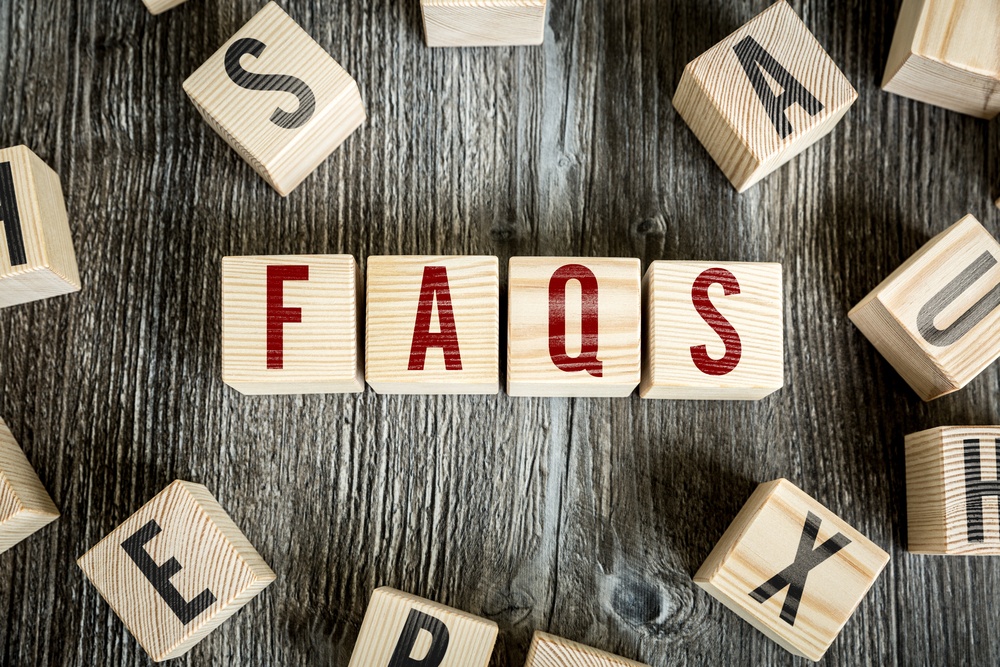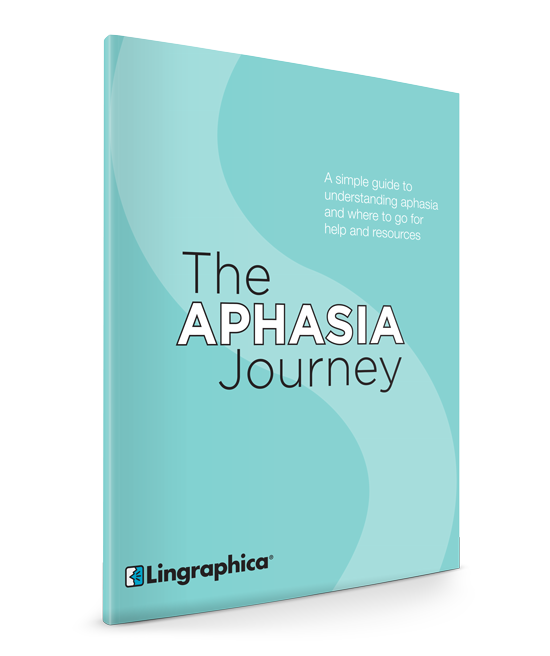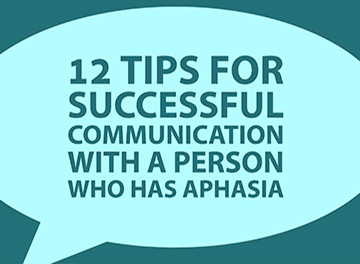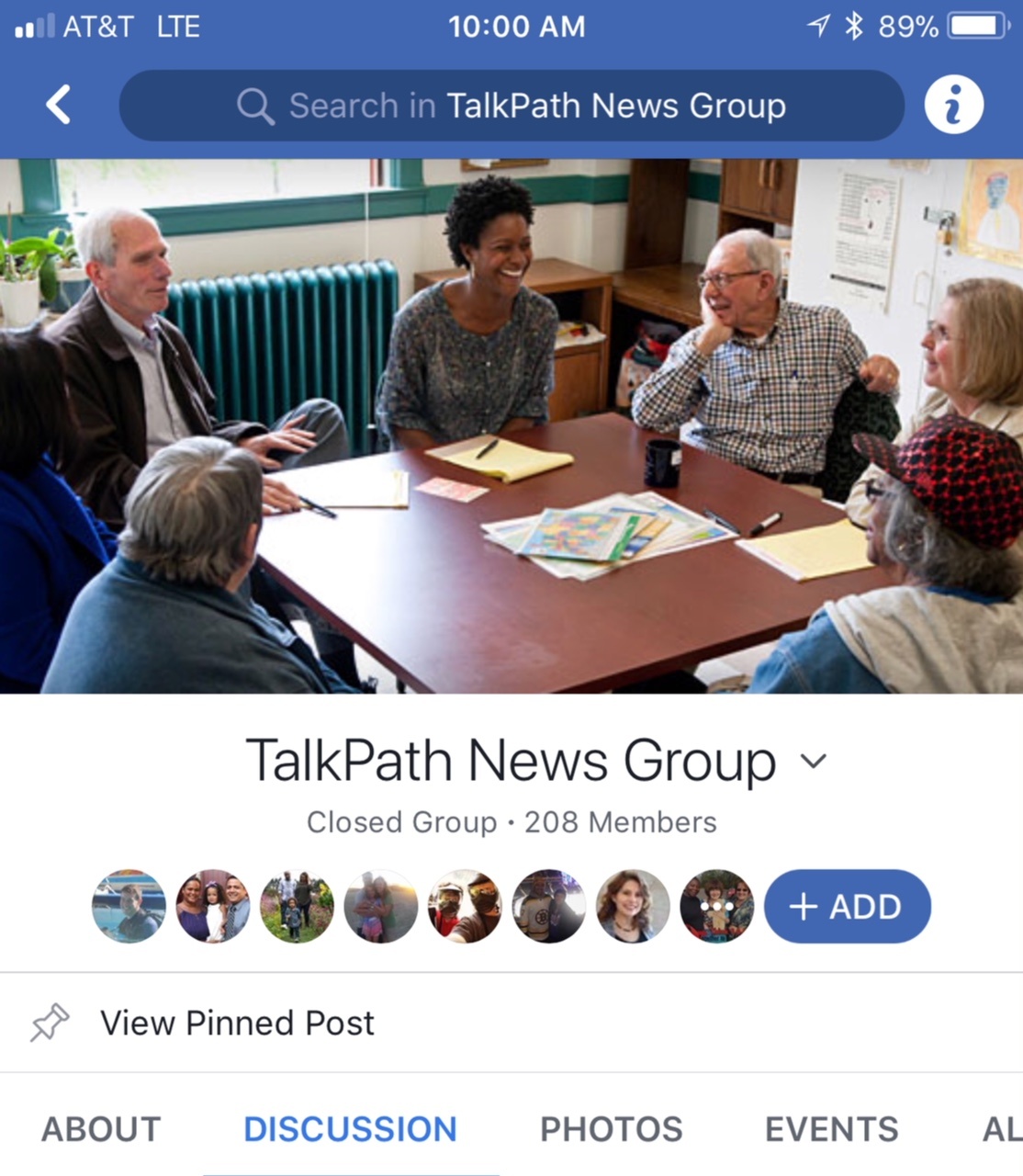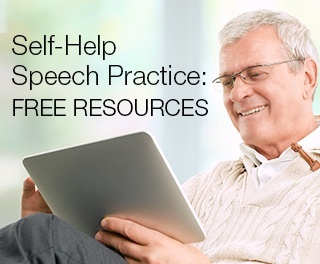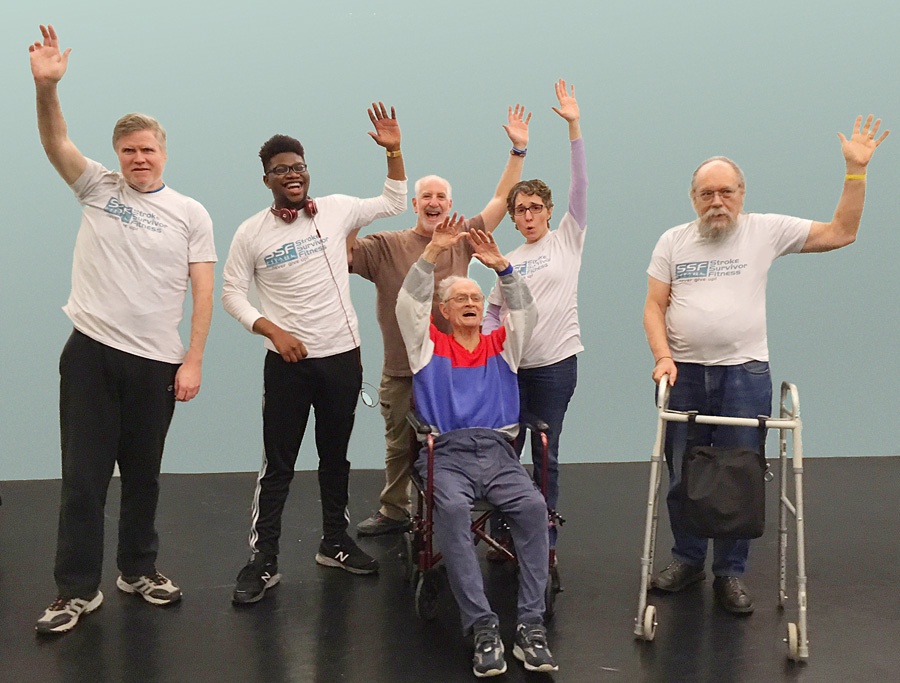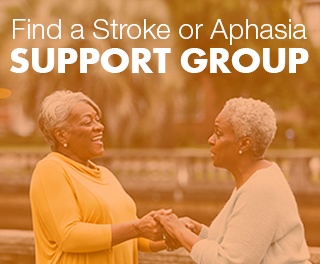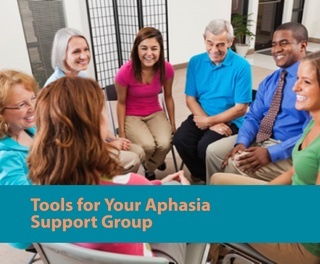We're excited to announce that we have a brand new Knowledge Base on aphasia.com, which contains answers to frequently asked questions from our customers! Keep reading on to learn more about the new Knowledge Base and how you can access it.
Are you or your loved one a rockstar with a Lingraphica device? Has communication improved with using it? We invite you to share what you've proudly learned to do with the device...and give HOPE to others with aphasia!
If you know someone with aphasia, you likely know that communication can be difficult for him or her. So Lingraphica has compiled a list of seven quick tips for communication partners to make conversations easier for both parties.
June was National Aphasia Awareness Month, and as part of our mission to give aphasia a voice, we posted daily polls in our TalkPath News Facebook group asking members about their experiences with aphasia. Read on for the questions and results of our polls, as well as what we learned.
Individuals with speech, language, or cognitive deficits can greatly benefit from the massive amount of speech therapy apps on the market. Apps can provide a context for communication and easily accessible ways to facilitate the achievement of therapy goals. Plus, research shows that additional practice outside of speech therapy has been shown to help individuals make advancements and improve their speech skills.
For someone who has survived a stroke, getting regular exercise is vitally important. Standard fitness options may not be available or accessible, so Stroke Survivor Fitness classes were developed to accommodate a stroke survivor’s specific physical, neural, and emotional challenges.
Life changes suddenly after a stroke. Survivors often face a new reality consisting of difficulty walking, talking, and caring for themselves. As such, caregivers including a spouse, a neighbor, or a grandchild typically step in to administer care and handle household chores for the survivor. While adjustment is difficult for the person with aphasia, it can be taxing on the family, too.
Not being able to speak is not the same thing as not having anything to say. For many, living with aphasia equates to a constant struggle for communication, and social isolation can be a primary concern for people with communication and/or mobility challenges. Engaging with online communities such as news sites and social media allows people with aphasia to connect to one another and to the rest of the world, offering an otherwise unavailable outlet and channel of communication. With these challenges in mind, Lingraphica created the TalkPath News Facebook group: a social media networking group for stroke survivors, people living with aphasia, their family members, and professionals in the field.
Experiencing a stroke is a life-changing event. Whether it’s you or a family member, you probably have a lot of questions about life after a stroke and treatment options. This is normal.


